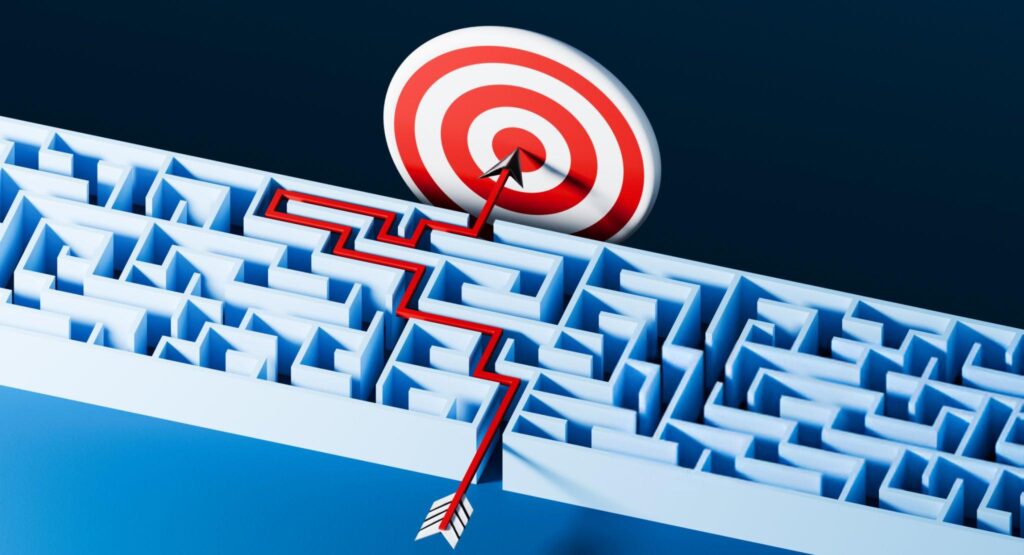If you’ve ever found yourself stuck on the same puzzle level for days, questioning your IQ and wondering if the game is secretly rigged, trust me—you’re not alone. I’ve been there, sitting in my room at 1 a.m., sipping cold coffee, determined to beat a tile-matching puzzle that was clearly designed by an evil genius. Over the years, I’ve learned that winning in puzzle browser games isn’t just about luck. It’s about having a strategy, staying calm under pressure, and knowing when to take a break before your brain turns into pixel soup.
In this post, I’ll share the five puzzle browser game strategies I’ve used to turn those “almost wins” into consistent victories. Whether you’re into word puzzles, match-three games, or logic challenges, these tips will help you level up your play—without making it feel like homework.
1. Learn the Game’s Pattern Before You Play Aggressively
Every puzzle browser game has its own rhythm, even if it looks random on the surface. When I first started playing Hexa Merge, I treated every level like a race. I’d make moves as fast as possible, thinking speed meant skill. Spoiler: I lost a lot.
Once I slowed down and watched how the tiles appeared and where they tended to spawn, I started noticing patterns. In some games, certain pieces almost always show up in the same spots. In others, combos trigger hidden bonuses you’d miss if you rushed.
Personal Tip:
I now spend the first few rounds of any new puzzle game observing instead of rushing for high scores. It’s like scouting the battlefield before charging in—you learn the terrain and understand what’s coming.
2. Prioritize Long-Term Moves Over Immediate Wins
One of the biggest mistakes I used to make was going for the easiest win right away. In word-based puzzle browser games, that meant using short, obvious words instead of saving letters for a bigger, more rewarding word later.
In games like 2048, rushing to combine smaller tiles might give you quick points, but it can ruin your board setup. Sometimes, the best move isn’t the one that gives instant gratification—it’s the one that sets you up for a massive chain reaction later.
When I played Garden Tangle, a matching puzzle game, I learned to think three moves ahead, even if it meant skipping a tempting combo. That’s when my win rate skyrocketed.
3. Use Breaks as a Secret Weapon
It sounds counterintuitive, but one of my top puzzle browser game strategies is to step away when I’m stuck. I can’t count how many times I’ve stared at a board for ten minutes, convinced there’s no way to win, only to come back after a snack break and see the perfect move instantly.
There’s actual brain science behind this—our minds process problems in the background while we’re doing something else. That’s why you suddenly remember a song lyric in the shower or find the perfect chess move while making tea.
Personal Tip:
I set a timer for 15–20 minutes. If I’m still stuck, I get up, stretch, or watch something unrelated. Nine times out of ten, I return with fresh eyes and win the level within minutes.
4. Master the Art of “Board Control”
Board control means shaping the playing field so that it works in your favor. This strategy works especially well in match-three and falling block puzzle games.
When I played Jewel Quest obsessively during my lunch breaks, I realized that keeping the bottom rows clear gave me more cascading matches. That’s because new tiles drop from the top, and a clear lower half means more chances for chain reactions.
It’s the same in Tetris-style games—stacking pieces too high too early means fewer options later. Keeping your board “breathing” gives you flexibility, which is often the difference between barely scraping by and dominating the game.
5. Keep a “Mental Archive” of Winning Moves
This one changed everything for me. I started keeping track of little tactics that worked in specific games. For example:
-
In sudoku-like browser puzzles, filling in the easiest boxes first speeds up the harder sections.
-
In connect-the-dots logic games, starting from the corners often leads to faster solutions.
Over time, these mental notes become second nature. I don’t have to think about them—they just guide my moves. The cool part? Some tricks are transferable between games. The “work from the edges inward” method I learned in one game helped me dominate another that seemed completely different.
Puzzle Game Strategy Comparison Table
Here’s a quick look at how these strategies play out in different types of puzzle browser games:
| Game Type | Strategy That Works Best | Why It Works |
|---|---|---|
| Match-Three Games | Board Control + Long-Term Moves | Sets up cascading matches and higher combo potential |
| Word Puzzles | Save Key Letters + Pattern Recognition | Builds bigger words for higher points |
| Logic/Grid Games | Start with Easy Moves + Edge Work | Opens up the board and reduces complexity |
| Falling Block Puzzles | Keep Lower Board Clear | Gives more options for placing upcoming pieces |
| Timed Puzzle Challenges | Observe First, Then Execute Fast | Balances accuracy with speed for higher success rates |
Why These Strategies Work in Any Puzzle Browser Game
The beauty of these strategies is that they’re universal. Whether you’re into brainy logic puzzles, colorful match games, or word-based challenges, the same principles apply:
-
Slow down before you speed up.
-
Plan ahead instead of chasing instant rewards.
-
Step away when your brain needs space.
When I finally understood that puzzle games are as much about mindset as mechanics, I stopped feeling “unlucky” and started feeling in control. And once you feel in control, winning becomes a habit, not a lucky break.
My Personal Favorite “Win Moment”
A few months ago, I was stuck on a level in Candy Hexa Blast for what felt like forever. I had tried every possible combination and was ready to quit. Then I remembered my own advice: take a break.
I walked away, made a cup of tea, and came back fifteen minutes later. The first move I saw created a chain reaction so big it cleared the entire board in seconds. I literally laughed out loud—it felt like the game had been mocking me until I cracked the code.
That’s the moment I realized these strategies weren’t just theory. They work.
Closing Thoughts – Play Smarter, Not Just Harder
Puzzle browser games are addictive for a reason. They challenge you, frustrate you, and reward you in equal measure. But if you keep relying on luck or random guesses, you’ll keep hitting those same frustrating walls.
By observing patterns, planning ahead, taking breaks, controlling the board, and building your own strategy library, you’ll start winning more often—and enjoying the process a whole lot more.
Next time you load up your favorite puzzle game, try just one of these strategies and see how it changes your game. Who knows? That level you’ve been stuck on might finally fall in your favor.
Now it’s your turn—what’s the one puzzle game strategy that’s worked for you? Share it with a friend, challenge them to a match, and see who comes out on top. After all, games are meant to be played together, and winning is always sweeter when you can brag about it later.


